Three Ways Robot Politics Will Affect Businesses

Robotic legislation is now entering political debates. How will it affect your business? We predict three hot topics which will dominate the future of robot politics.
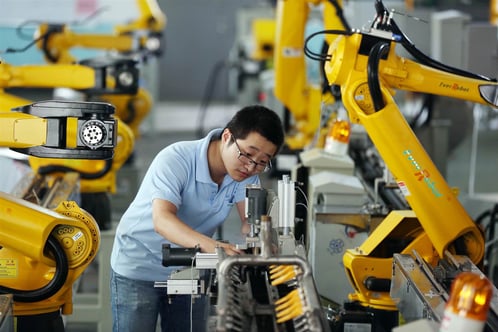 2016 has been an eventful year for world politics. For robotics, however, it will be remembered as the year that robots entered the political discourse. Several milestone technologies have been cracked in the last few years, including self-driving vehicles, collaborative robotics and drones. Politicians have started to sit up and take notice, so we can expect to see more talk of robot legislation in the coming years.
2016 has been an eventful year for world politics. For robotics, however, it will be remembered as the year that robots entered the political discourse. Several milestone technologies have been cracked in the last few years, including self-driving vehicles, collaborative robotics and drones. Politicians have started to sit up and take notice, so we can expect to see more talk of robot legislation in the coming years.
One recent proposal is the "Civil Law Rules on Robotics," introduced this year by Mady Delveux, a Member of the European Parliament (MEP). Some of the report's recommendations may seem simple to roboticists like us; however, if it is accepted by the European Council next year it will mark a big step forward for the future of robotics and politics.
How will robot legislation affect your business? What changes can we expect in the coming years?
As we are in the early stages, it's impossible to make accurate predictions. However, some topics have already emerged in the discourse. In this article, we introduce three of the hottest topics which are likely to arise over the next few years.
As Prof. Joi Ito — director of MIT Media Lab — said to President Obama in October:
"I feel like this is the year that Artificial Intelligence becomes not just a computer science problem, but something that the White House [and] a lot of other people need to be involved [in]."
Job Displacement and Automation Tax
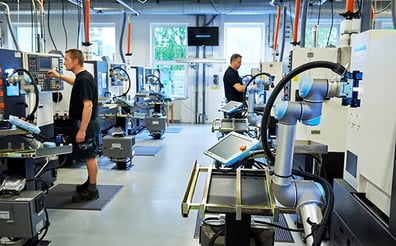 SPARC (The Partnership for Robotics in Europe) recently published three thought-provoking interviews about the politics of robotics. They talked to: Alan Winfield, Director of Science Communication with Bristol Robotics Laboratory; Alan Manning, Professor of Labor Economics at the London School of Economics and MEP Mady Delveux.
SPARC (The Partnership for Robotics in Europe) recently published three thought-provoking interviews about the politics of robotics. They talked to: Alan Winfield, Director of Science Communication with Bristol Robotics Laboratory; Alan Manning, Professor of Labor Economics at the London School of Economics and MEP Mady Delveux.
The three interviewees discussed their thoughts on the political future of robotics. A recurring topic was redeployment. We are all familiar with the fear that automation endangers jobs. If job start being lost, legislators will try to reverse the effects, perhaps through an automation tax.
Mady Delvaux kicked off the topic:
"We’ve asked the European Commission to closely monitor the employment market[…]. If robots do destroy jobs, then we need to think about how to finance the social systems. This could be through a tax on robots, perhaps to ensure a Basic Universal Income."
Alan Winfield was also in favor of a tax, but only for companies which don't actively train or redeploy displaced workers:
"I think there may be a case for an automation, or redeployment tax. Companies who automate and hence lay off large numbers of low-paid workers have a duty to those workers. If companies don’t voluntarily - and generously - help those individuals through redeployment or training, then the government should step in. The last resort could be a special tax."
But, economist Alan Manning was against the idea:
"Don’t tax automation, let automation happen and then correct its effects.[…] Overall, I don’t think robots will necessarily raise inequality but if it does, we have well-established ways to respond to that.[…] If I had to give a number, I would say that the impact of new technology on jobs is zero. Meaning that the net percentage of people employed will stay the same overall."
Automation tax looks to becomes a hot topic in the next few years, with various differing opinions. Keep your eye out for further developments.
How Will This Affect Me?
These are just vague political ideas right now, so there's no need to worry about an automation tax yet. The biggest concern from legislators is that robots will put low-skilled workers out of employment. If your company is proactive in how it redeploys workers after introducing robots, you will likely be viewed favorably.
Generally, we have seen that manufacturers who introduce collaborative robots do not cut jobs. Instead, they move workers from repetitive, boring tasks to more intellectually stimulating, value-added tasks. In some cases, they have even hired more staff following the increase in business.
Effect of Robots on the Economy
 The economic arguments for robotics are usually good. Robots increase productivity and the consistency of products. They make manufacturers more competitive, which affects the larger economy.
The economic arguments for robotics are usually good. Robots increase productivity and the consistency of products. They make manufacturers more competitive, which affects the larger economy.
One of the major advantages is that robotics allows companies to "re-shore" their manufacturing: move it back from other countries. This is a trend we are seeing in many countries and Mady Delvaux explained how it is important to Europe:
"I believe that robots will impact the economy positively because it will allow us to be more competitive […] and to continue to produce in Europe rather than delocalize. I believe robots could be instrumental in bringing industry back to Europe."
All three experts agreed that the overall effect of robotics on the economy is likely to be positive. However, Alan Winfield warned against considering robotics as "all positive" or "all negative." The issue is not so black and white. As Alan Manning explained:
"Like any new technology, there will be winners and losers. On the whole, however, I believe there will be more winners. [Robots] will be used by firms to make production cheaper, which will in turn lower prices, and benefit the consumer [as] they will have more money to spend, which will boost the economy as a whole."
How Will This Affect Me?
Economics is a huge and complex topic; the economics of automation even more so. Hopefully, governments will continue to recognize the economic benefits of robotics. The main concern that I can see is if politicians start to view robots as "all good" or "all bad." This doesn't seem to be happening right now, but the debate could become more polarized as it gains popularity. As Alan Winfield said, the use of robots needs to happen "on a case-by-case basis."
For business owners like us, it's more useful to think about the economy of our business rather than trying to second-guess the trends in the wider economy. The Return on investment for collaborative robots is usually very quick; there is little to lose and much to gain.
Robot Regulation: Ethics and Trust
Robot ethics has been a very hot topic this year, following a whole stream of different media stories, including driverless cars, deep learning and drones. Robot ethics will be at the heart of any political discussion. We are already seeing ethical questions in the media coverage surrounding robotics.
The question of robot ethics is often linked to trust: does the public trust robots? The interviewees considered that trust can be assured, in part, by regulation and standards. As Alan Winfield said:
"If a company wants to be successful, they should aim to get the “stamp” saying that their robot conforms with the relevant standards. Regulation is a shorthand way for government to reassure us. Public trust in robots will come about through both regulation and public engagement."
As Alan Manning said, regulation is also about quality:
"Regulation can ensure that technology is really better at [previously human-performed] tasks before they are deployed, and can help reassure those who show resistance to the technology."
How Will This Affect Me?
Any legislation surrounding robotics will probably involve regulation. We can't be sure what these regulations will be, but it is likely that ethical issues will be at the heart of them. The problem is that we haven't yet integrated a culture of ethics into the robotics industry, so we have to start from scratch.
Ethics is a fascinating topic, but it can seem quite daunting if you are not familiar with it.
What do you think will be important political discussions around robotics? How much do you think politicians should be involved in automation? Have you seen any good or bad examples of robot legislation? Tell us in the comments below or join the discussion on LinkedIn, Twitter, Facebook or the DoF professional robotics community.

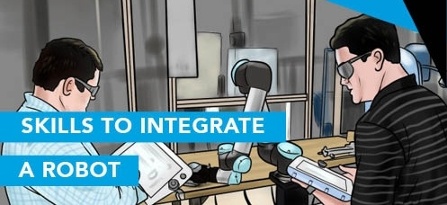
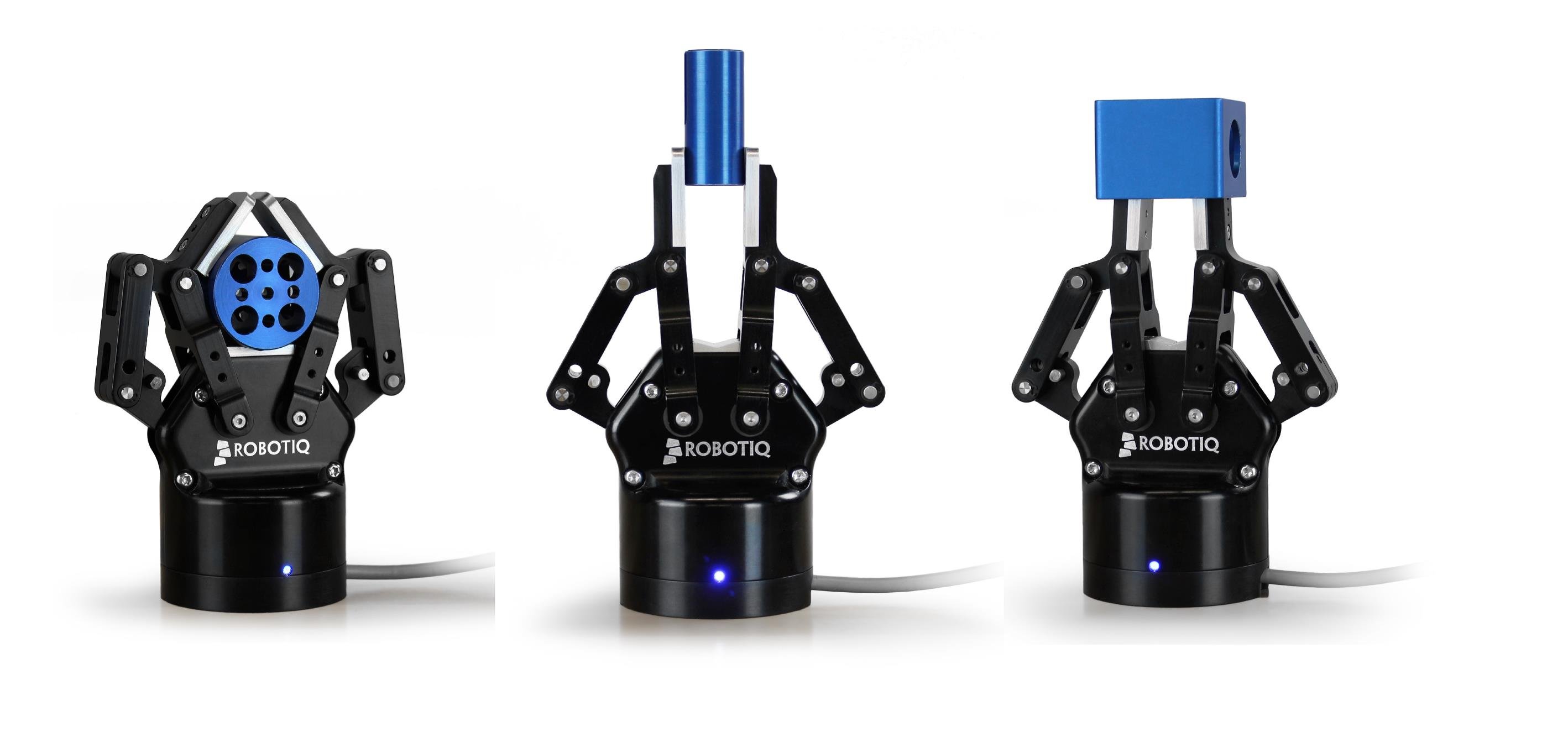

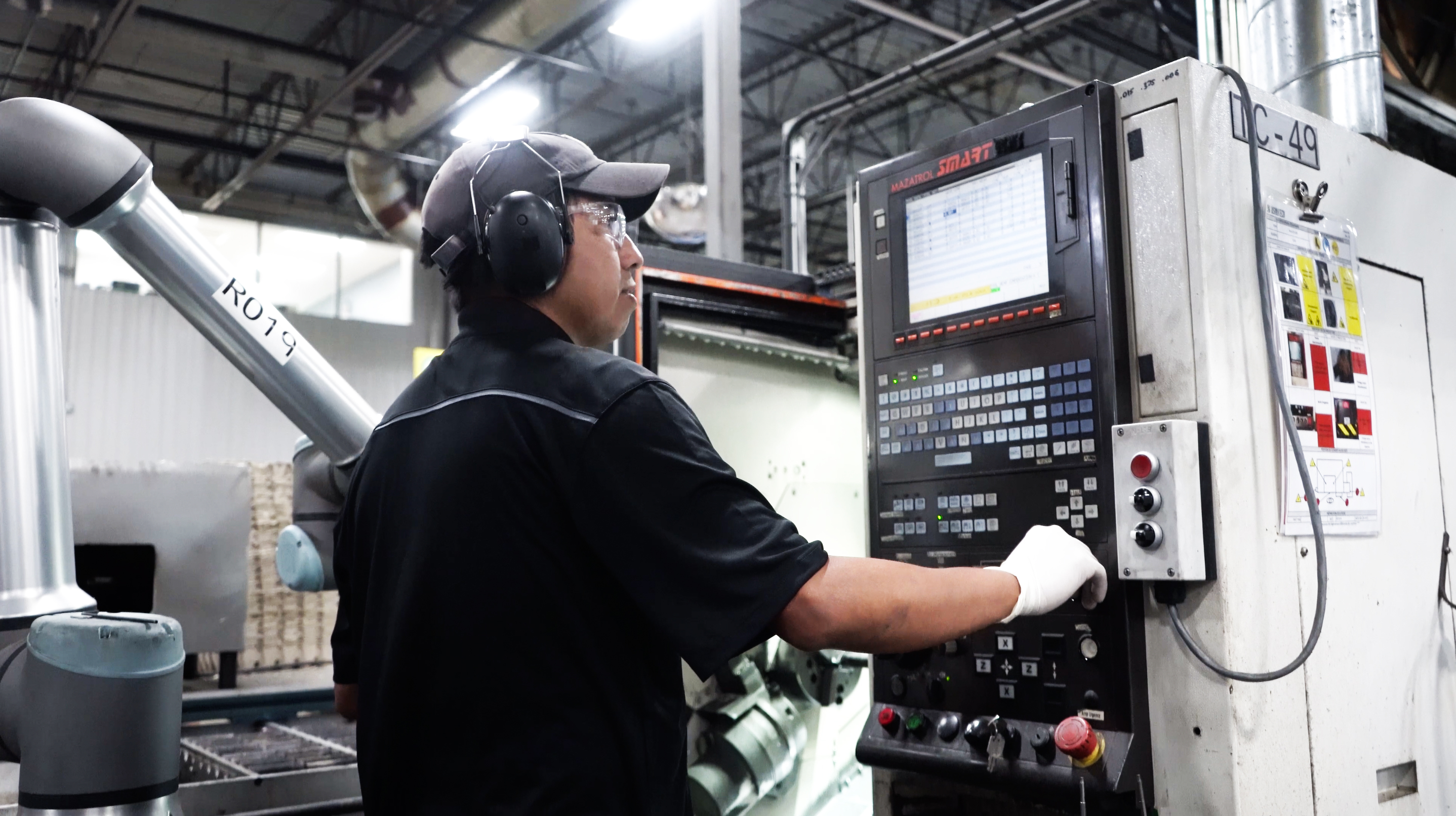
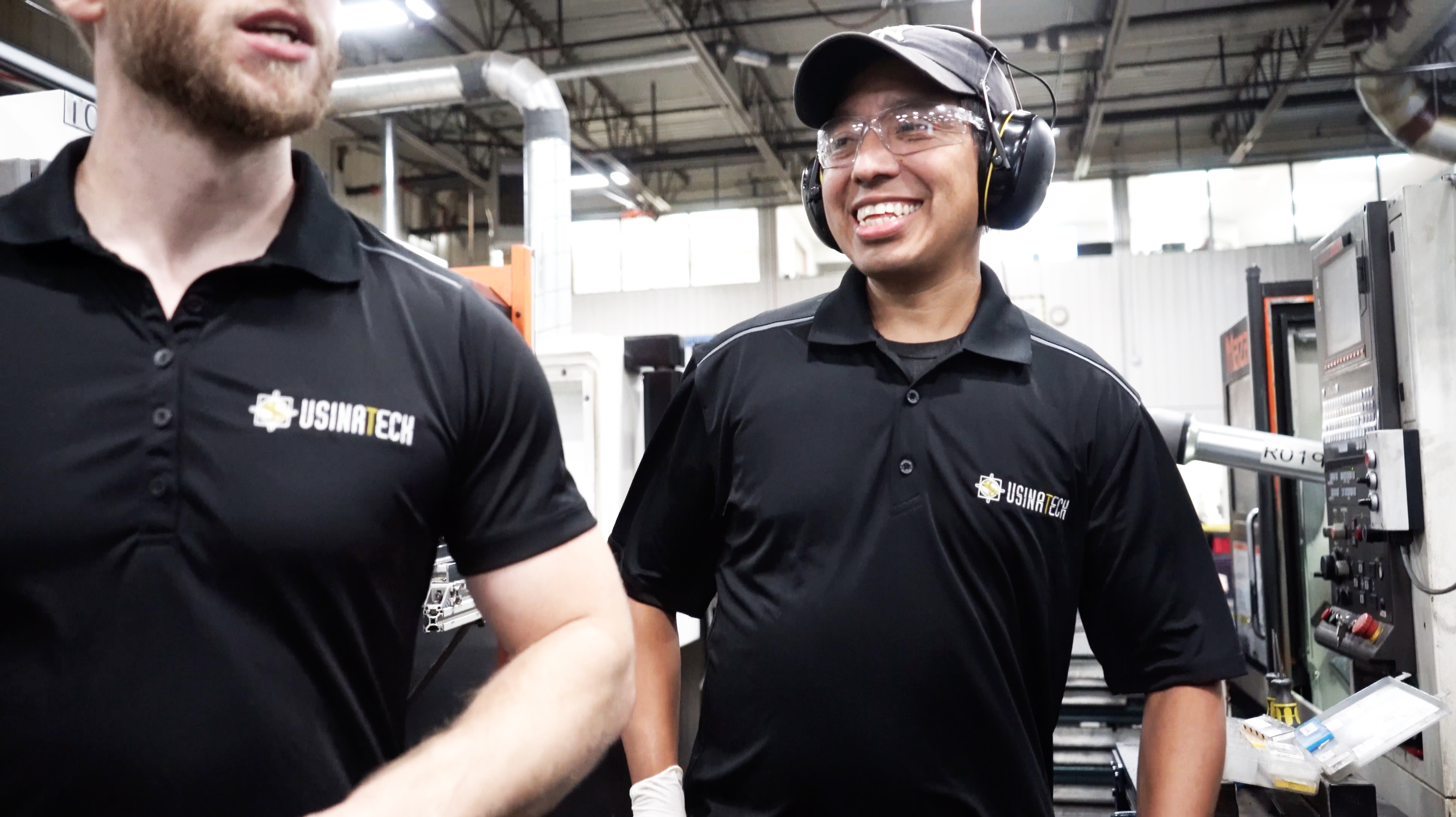
Leave a comment